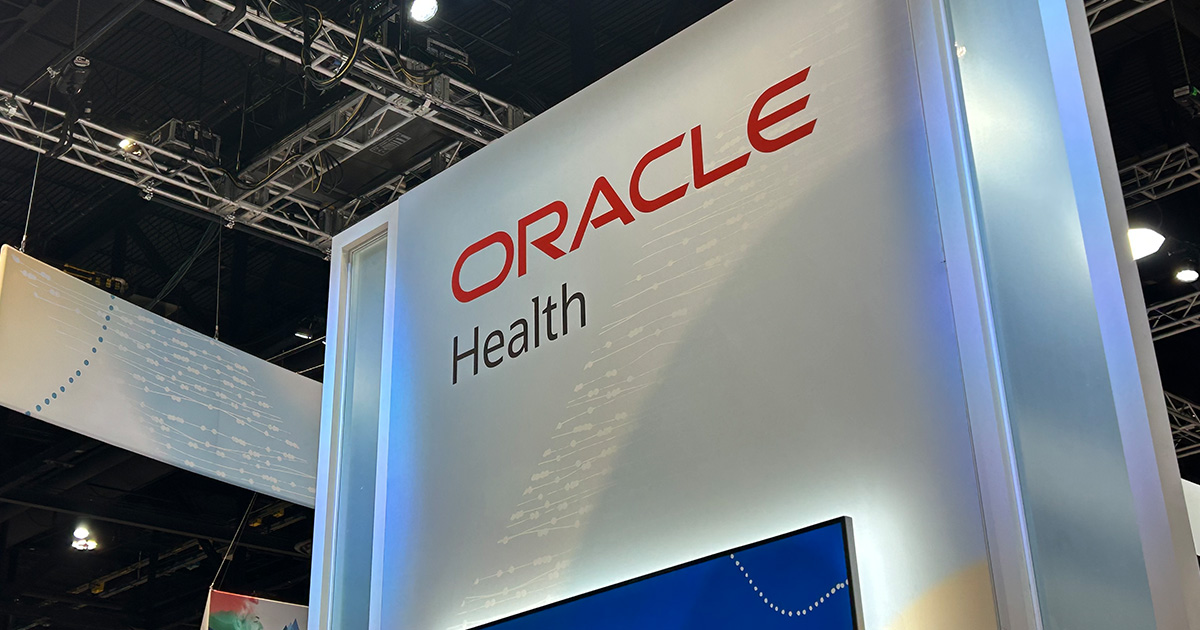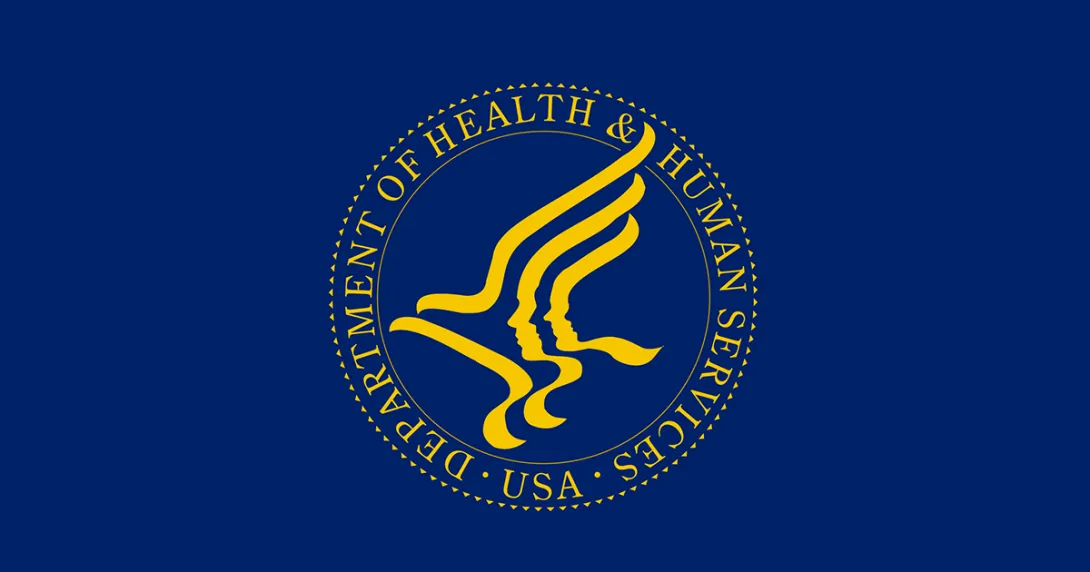
Photo: Morsa Images/Getty Images
New AI for ORs auto-updates patient charts
Advanced AI can automatically enter key operating room procedure details into patient charts and help surgeons and their teams stay on task with alerts that improve OR efficiencies, according to Artisight.
A combination of AI-powered cameras and sensors, bidirectional audio and video streams, and ambient documentation technology could help extend the capacity of clinicians and staff. OR clinicians spend hours on daily documentation and encounter other delays.
Artisight's new Smart Hospital Platform detects and documents details, such as patient entry and exit and the start and end of a procedure, relaying a timestamped account of OR events. Its analytics could also help hospitals improve OR workflows, the company said.
Some providers using it are already generating a 16x return on investment and a 5% increase in scheduled procedures, the company said in its announcement last week.
"This is a pivotal moment in the evolution of the smart hospital," Dr. Andrew Gostine, Artisight's CEO and cofounder, said in a statement. "In a smart hospital, clinicians are empowered to focus on patients and know that their time and the patient's time is valued."
Analytics for utilization, waste reduction
Last month, Optum introduced Crimson AI, a predictive analytics platform also designed to improve OR utilization and efficiency by optimizing schedules and reducing staffing costs and surgical supply waste.
The company said on Aug. 6 that the GPT-based AI model and its conversational interface offer a 13-to-1 return on investment for healthcare providers.
The new platform can support surgical team coordination and improve care quality, according to Dr. John Kontor, senior vice president of clinical technologies at Optum Insight. Integration with EHRs identifies unused OR time and predicts which cases might run long. Crimson can also analyze surgical supply usage to identify cost savings and flag unused supplies.
"Health systems are still relying on outdated systems that can’t keep pace with today’s demands," Kontor said in a statement.
AI scribe is designed to help EHR vendors compete
Scribematic said its new HIPAA-compliant Matic Inside is an answer to Epic's significant AI announcements last month that it has integrated Microsoft's Dragon ambient AI technology into Epic's AI Charting Tool. Matic Inside could specifically aid other EHR vendors in their quests to keep up with the industry giant, the company said in its announcement last week.
Any EHR vendor can embed the AI scribe directly into their platform, without the high cost and risk of developing AI technology in-house, Scribematic said. With a plug-and-play, AI-powered scribe, EHR vendors could provide an immediate tool for providers demanding ready-to-use, medical-grade ambient functionality now.
"EHRs don’t have time to wait for a platform to be developed and be functional as their customers’ anticipation for a solution rises day by day," said Calvin Carter, Scribematic CEO, in a statement.
He said that EHRs that continue to partner with bolt-on ambient tools risk losing business.
"Relying on a third party that both accesses and can leverage their own growth on EHR customer data is no longer acceptable with the new options for embedded AI scribe services," he said.
Because Matic Inside is contained within EHR platforms, data does not leave a health system's network. The scribe also offers advanced multilingual intelligence, the company said, claiming a higher accuracy rate.
Enterprise agents-as-a-service platform
Initially focused on healthcare, Zyter TruCare launched Symphony, an AI-powered enterprise platform that acts as an orchestration layer and uses a modular approach. The multi-agent AI system automates entire workflows, rather than just single tasks, the company said on Aug. 7.
Zyter TruCare, which claims 45 health plan clients representing 44 million members, created Symphony with more than 40 prebuilt agents and templates that healthcare organizations can customize to free up staff and speed decision-making. According to the company, the new enterprise platform supports omnichannel communication and secure, real-time collaboration between clinicians, care managers and administrators through chat, voice and video.
"Enterprises don’t need another AI vendor," said Sundar Subramanian, Zyter TruCare's CEO, in a statement. "They need a partner that can reimagine the workflow, deploy intelligent agents and deliver business outcomes at speed."
Of note, the company is offering shared-risk commercial models tied to Symphony's outcomes – such as reduced administrative costs or improved care quality.
AI extracts referral data from faxes, email
KeenStack, a professional services consulting firm, launched a new AI-powered referral management platform on Aug. 26 that it said can tackle lost referrals by automating their intake, validation and routing.
Built on the company's ServiceNow platform, the new AI processes documents – like faxes and emails – to extract and organize key details, helping to decrease manual data entry, the company said.
The system's predictive analytics also outlines referral trends to help organizations identify and address bottlenecks, which could reduce patient wait times and improve the quality of care and keep patients within a provider's network, the company said.
"Healthcare systems are losing significant revenue every year because referrals fall through the cracks, with more than half ending up outside the network," Thiru Thangarathinam, founder and CEO of KeenStack, noted in a statement.
Patient platform personalizes care access
Pluto Health launched the Connect, Assess, Review and Engage on Deck platform to guide patients to personalized health options and clinical research opportunities. This system aims to empower patients to take a more active role in their health by providing a curated view of opportunities and actionable insights, the company said on Aug. 26.
C.A.R.E. on Deck offers direct access to clinicians, including telehealth visits and chats, and streamlines clinical trial pre-screening processes.
"We as an industry must do a better job of listening to the needs of people and providing convenient options that advance their health if we’re striving to do a better job of engaging diverse communities," Dr. Joy Bhosai, Pluto Health's founder and CEO, said in a statement.
Andrea Fox is senior editor of Healthcare IT News.
Email: afox@himss.org
Healthcare IT News is a HIMSS Media publication.


